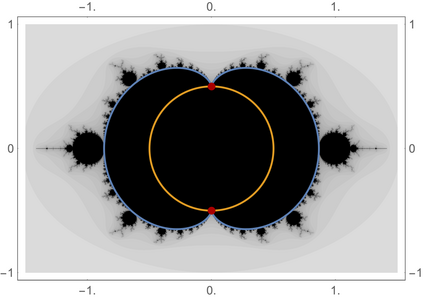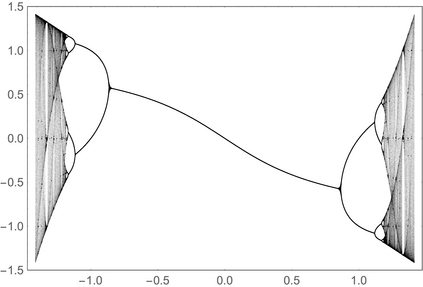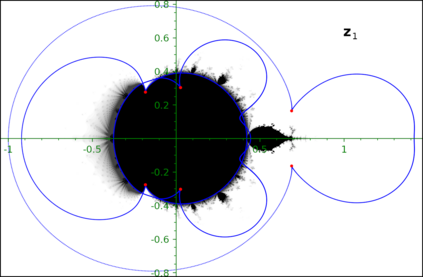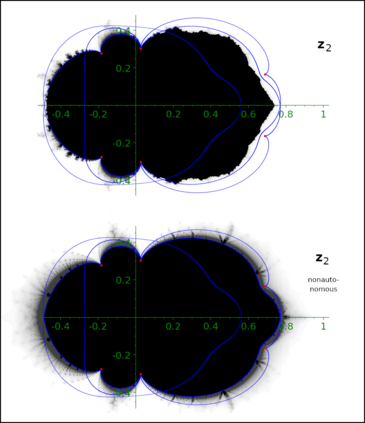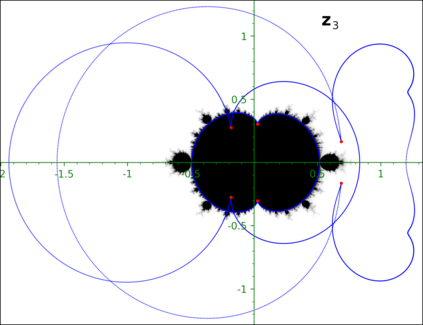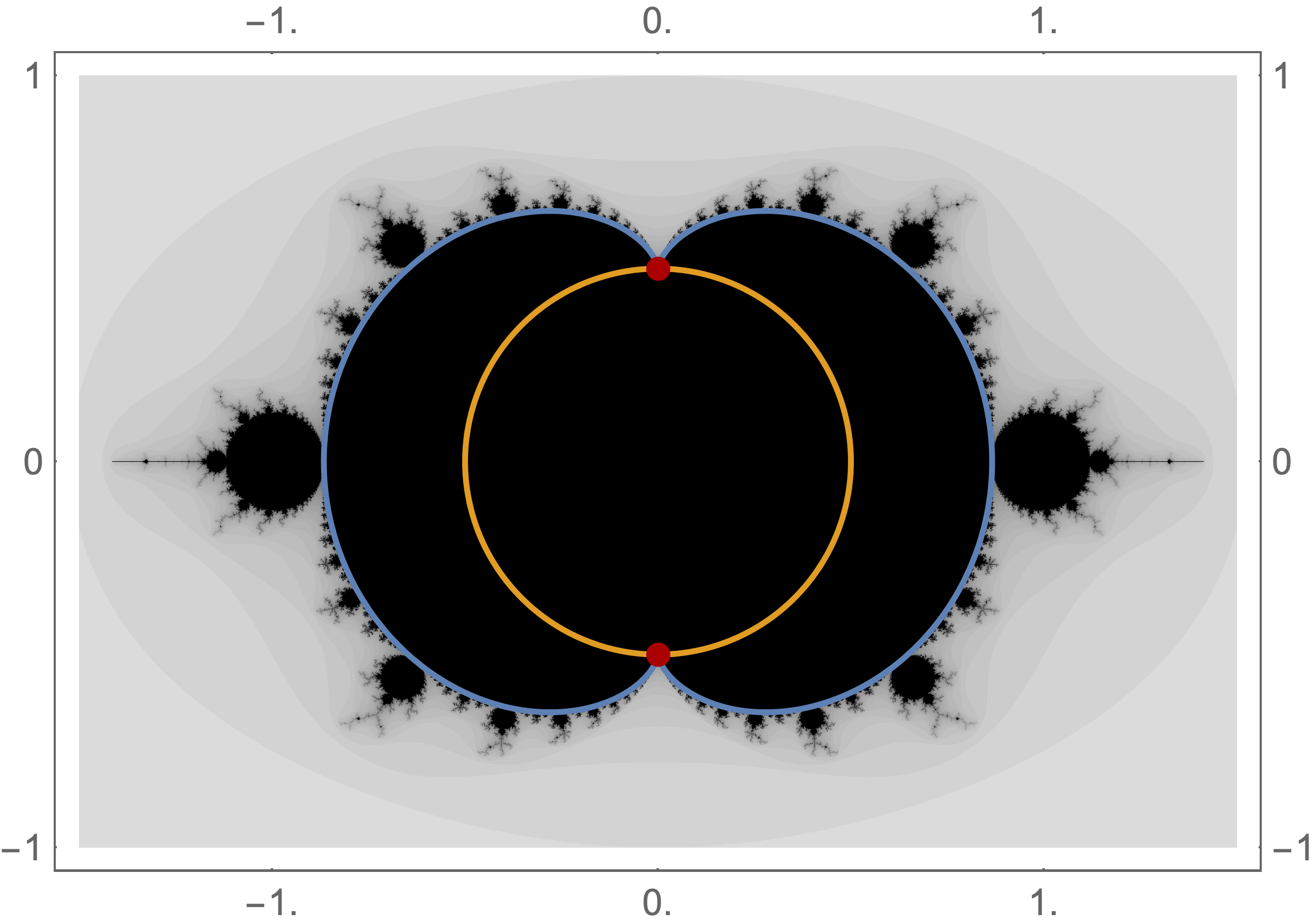We introduce a novel eigenvalue algorithm for near-diagonal matrices termed iterative perturbative theory (IPT). Built upon a "perturbative" partitioning of the matrix into diagonal and off-diagonal parts, IPT can be used to compute one or all eigenpairs with the same basic iterative algorithm. Thanks to the high parallelism of matrix-matrix products, full-spectrum IPT shows excellent performance on multi-core processors and GPUs, with large speed-ups over standard direct methods (up to $\sim50$x with respect to LAPACK and MAGMA). For matrices which are not close to being diagonal but have well-separated eigenvalues, IPT can be be used to refine low-precision eigenpairs obtained by other methods. We give sufficient conditions for linear convergence and demonstrate performance on dense and sparse test matrices. In a real-world application from quantum chemistry, we find that single-eigenpair IPT performs similarly to the Davidson algorithm.
翻译:我们引入了一种叫作迭代扰动理论(IPT)的近半径矩阵的新型电子价值算法。 在将矩阵“半振”分割成对角和对角部分时,IPT可用于用相同的基本迭代算法计算一个或所有电子元。由于矩阵矩阵矩阵产品高度平行,全光谱IPT在多核心处理器和GPUs上表现出色,在标准直接方法上(在LAPACK和MAGMA方面,最高达$=sim50x)超速。对于不近于对角但具有精密分离的天平值的矩阵,IPT可用于改进其他方法获得的低精度天平面结构值。我们为线性趋同提供了充分的条件,并展示了密度和稀薄的测试矩阵的性能。在量子化学的一个现实世界应用中,我们发现单电子PT与Davidson算法类似。

